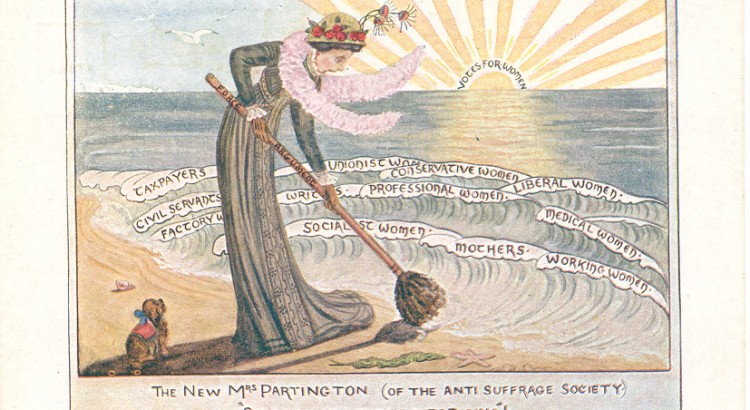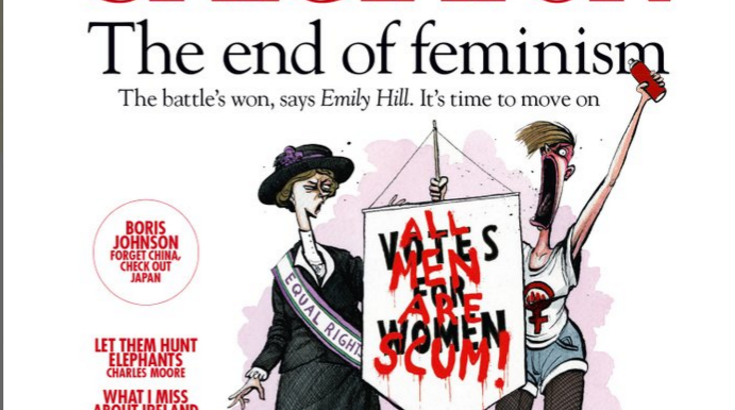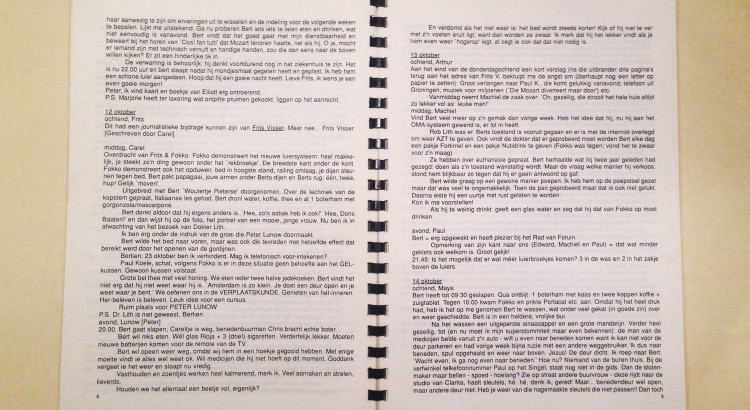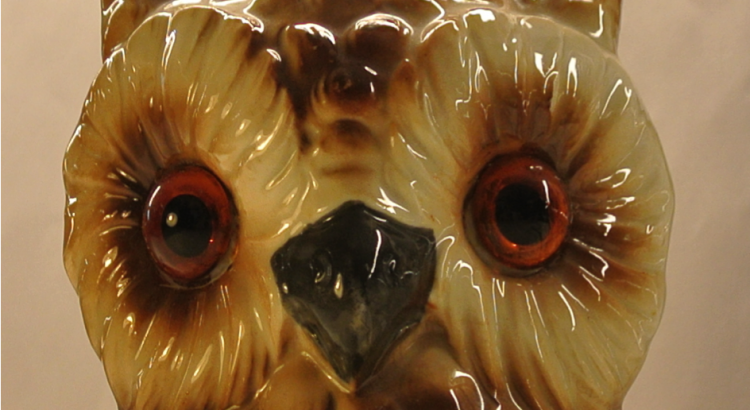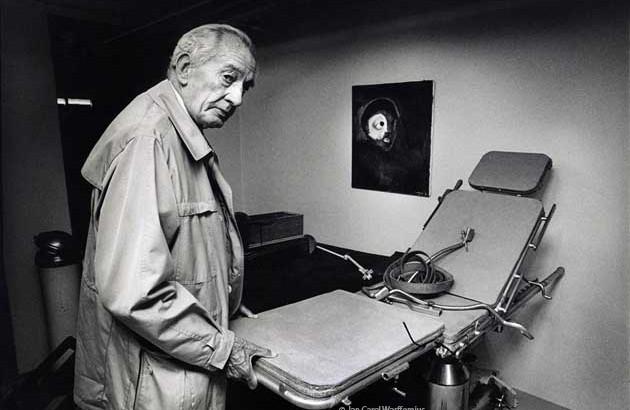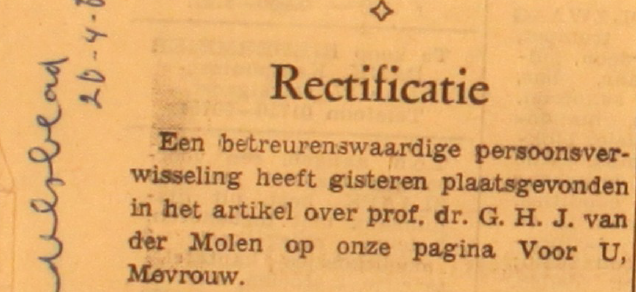Van Privé naar Spektakel
Het beeld van de Dolle Mina’s, die met beschreven buiken op straat stonden, is alom bekend. Dit is een actiegroep die begin jaren 70 met leuze als ‘’Baas in eigen buik’’ voor vrouwenrechten vocht. De Dolle Mina’s lijken het tegenovergestelde van de vrouwen uit de eerste feministische golf. De vrouwenactievoeders aan het begin van de […]
